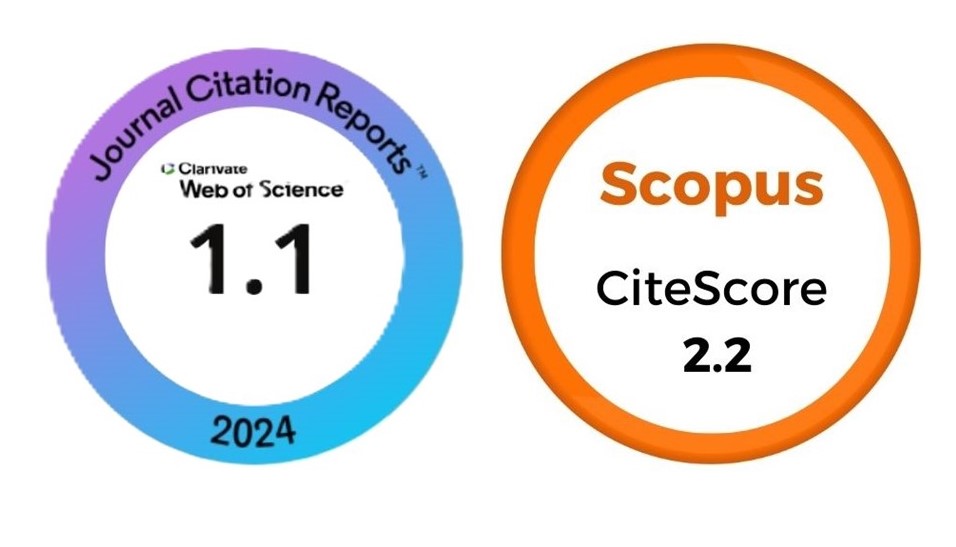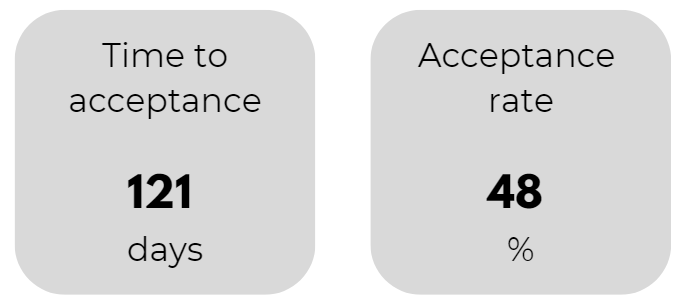The role of organic solutes in the osmotic adjustment of chilling-stressed plants (vegetable, ornamental and crop plants)
DOI:
https://doi.org/10.1590/2447-536X.v25i4.2073Abstract
Various abiotic stresses affect growth and development of plants and two important cues that cause to sever decrease the horticultural and crops yield are the heat and chilling stresses worldwide. Plants have various mechanisms to tolerate or avoid the stresses; one of these mechanisms is the biosynthesis of organic solutes. In this paper, effects of chilling (0-15 °C) stress on the horticultural (ornamental and vegetable) plants and crops are discussed. You will see that plants how to tolerate the stress by organic solutes. The most important organic molecules to regulate water relations in plants are introduced. The organic solutes that also are called osmo-protectants include soluble carbohydrates, amino acids and nitrogen compounds.








